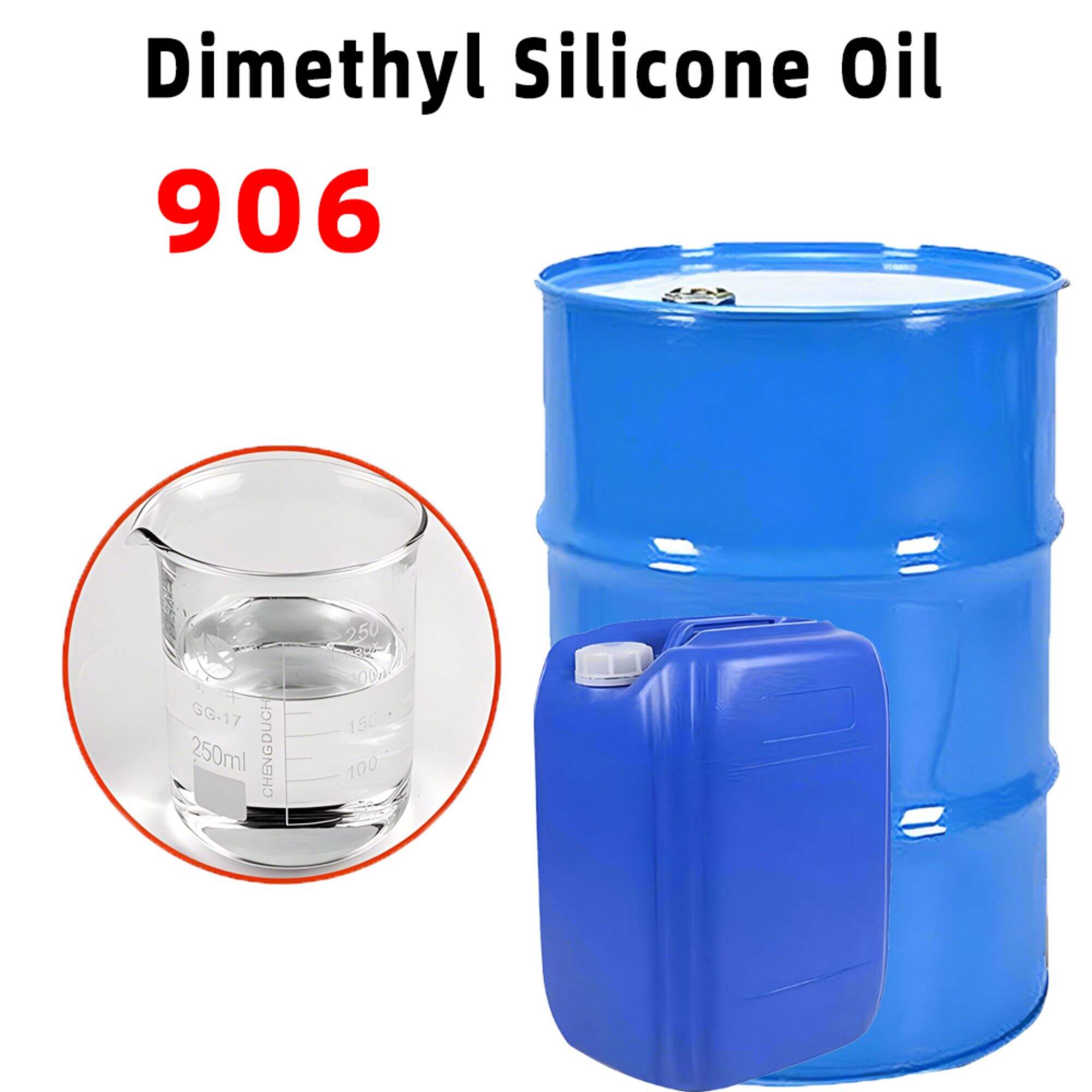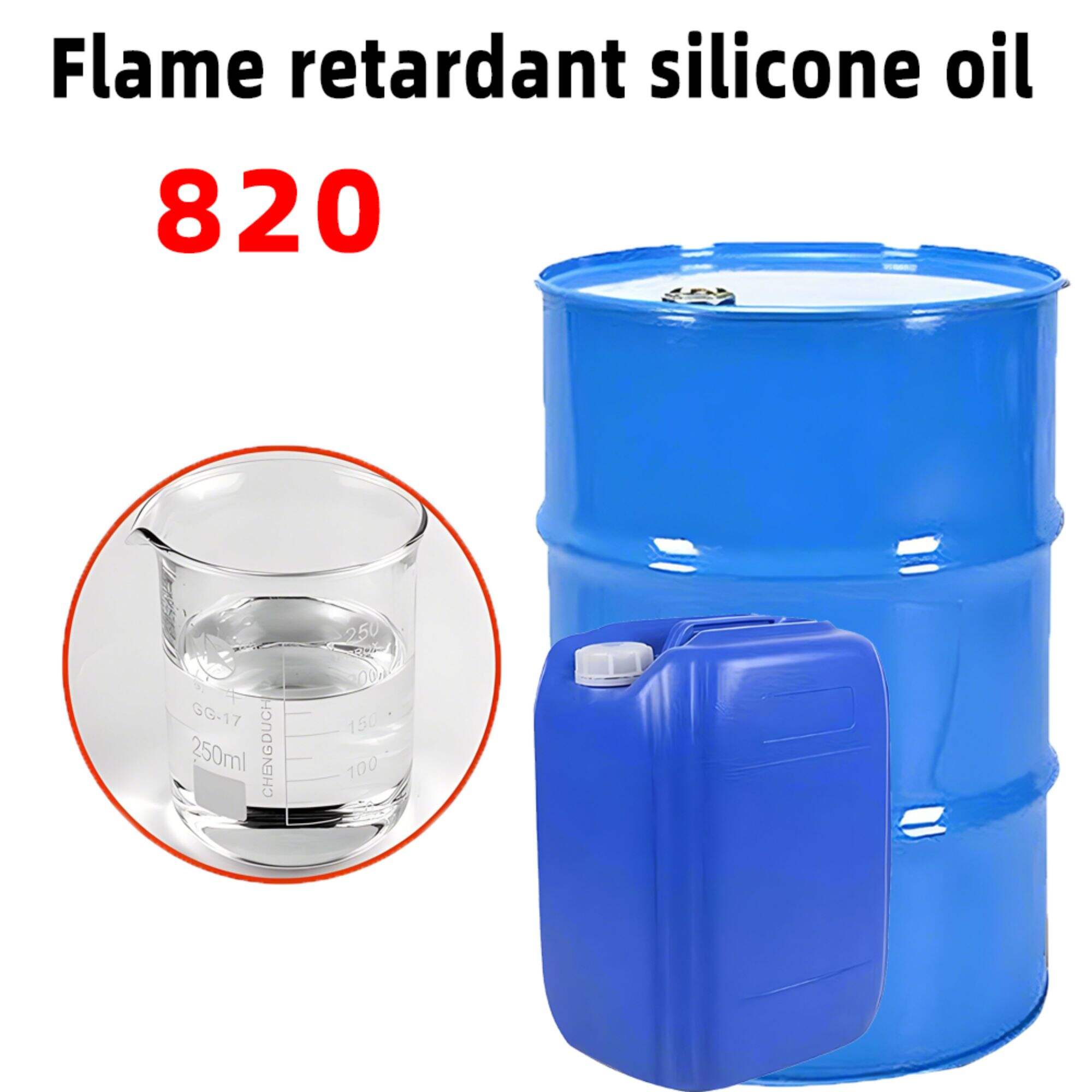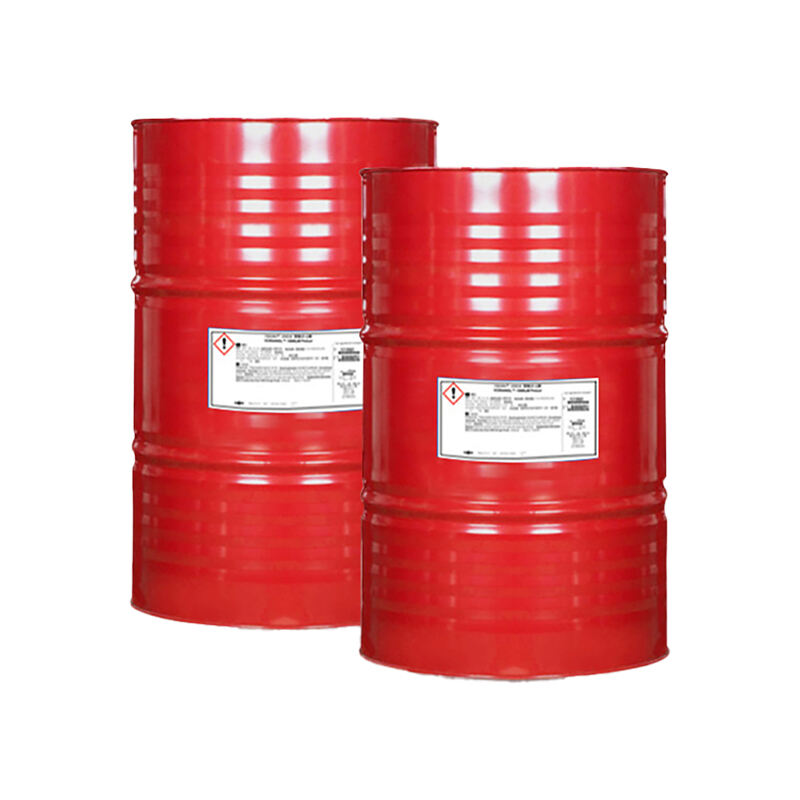Hydrogen isocyanate, a highly toxic chemical, with the ability to react rapidly with other materials. It is reactive and sometimes troublesome, in that it may change if it encounters specific materials. It is used in a variety of industries, including in the manufacture of plastics, paints and pesticides. But it may also be quite nasty if not managed with care. Hydrogen IsocyanateRead more: What is hydrogen isocyanate, important uses, risks of working with, safety & moreIn this lesson we are going to read more about hydrogen isocyanate, its important use, risks involved and precautions & safety precautions taken while working with hydrogen isocyanate. We will also consider that the isocyanate mdi has on the surrounding environment, and the steps being taken to locate safer alternatives for this chemical. Hydrogen isocyanate is a toxic chemicals and highly reactive. That means it can hurt people and damage the ecosystem that surrounds us. It is a clear liquid that rapidly vaporizes and can be inhaled by humans and animals. It can irritate the skin — in other words, it can make your skin itchy or hurt and even burn if it gets on you. If a person accidentally ingests it, they could feel very sick, throw up or have other serious health problems. Due to these hazards, proper precautions should be made when working with hydrogen isocyanate; protective equipment such as gloves and goggles should always be worn in the presence of this chemical.
Despite its dangers, hydrogen isocyanate is employed in numerous industries. It is used, being, to manufacture products such as plastics, pigments and pesticides, vital for countless objects of daily use. But it is toxic, and workers who come into contact with hydrogen isocyanate need to be extremely cautious to avoid any exposure. They fuck up a bad shit chemical and, like, have to wear special clothes and gloves and goggles and shit to not die. Good air flow is likewise crucial in areas where mdi isocyanate is used so this chemical doesn't gather airborne and also present a threat. Any spills need to be dealt with immediately, to ensure that nobody is harmed, and containers should always be locked away securely to prevent any leaks.

Hydrogen isocyanate is very hazardous, which requires extreme caution. Exposure to this chemical can lead to severe breathing problems, skin irritation and other ailments that can compromise workers’ health. Protecting themselves asks for protective gear -- including gloves, goggles and masks to cover their mouths and noses. They must also be trained on how to use the chemical properly, such as what to do in the event of a spill or emergency involving the chemical. It is also important to regularly monitor the air quality to confirm that the concentrations of polyether polyols are at safe levels for all personnel working within the area.

Hydrogen isocyanate that enters the environment can create major issues for our air, water and wildlife. A power plant can pollute the air, where it can hurt the animals, the plants, and even the people who breathe in the polluted air. It can also contaminate water, which makes it unsafe for both humans and other animals. Due to these permanent damages, industries which use dimethyl silicone are highly regulated and require strict compliance to prevent pollution. They just have to ensure that they dispose the chemical in the right way, and take as much measures as possible to minimize the effect of the chemical on the earth so that the earth remains a good place.

Hydrogen isocyanate is not the safest option, and so researchers are continually looking for safer alternatives. This has led them to work on developing new chemicals ready to replace hydrogen isocyanate in supporting industries such as plastics and paints. Toxicology Moving Forward:These new chemicals should also be less toxic, which means they should be safer for people and the environment except when they are used for their intended purpose. Identifying safer alternatives can help to reduce risks to human health and the environment from pu rigid foam, creating a safer tomorrow.

